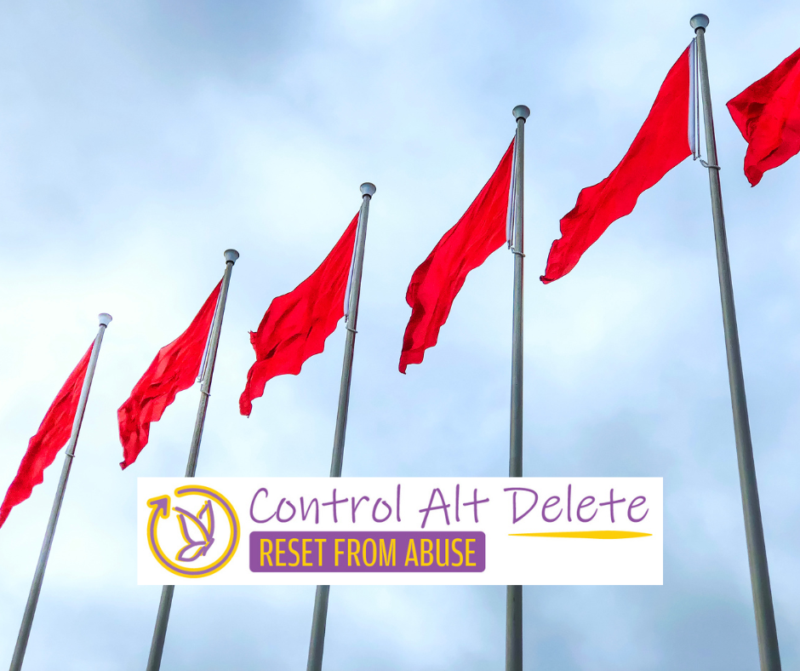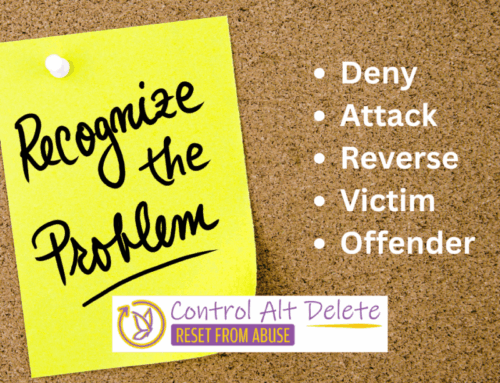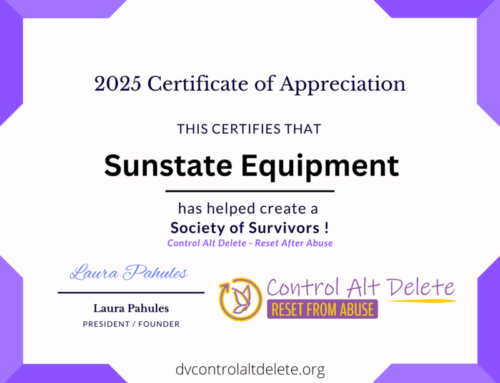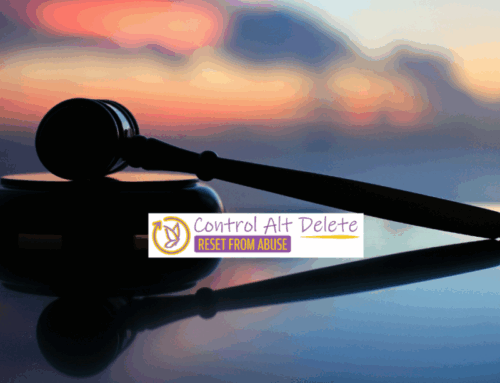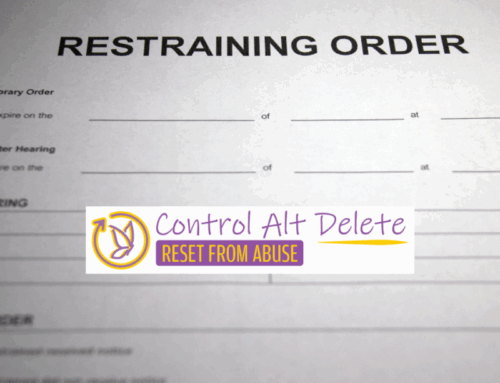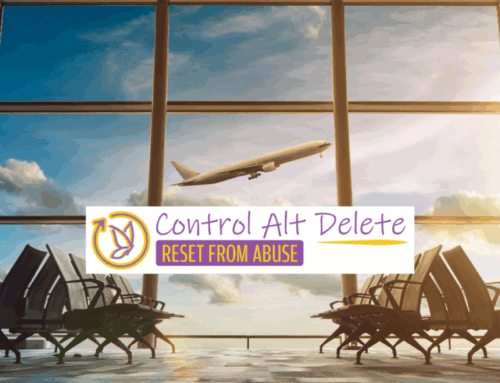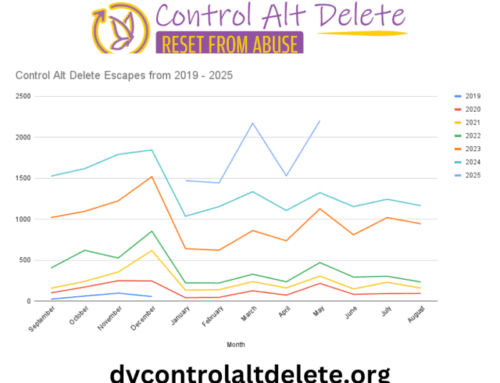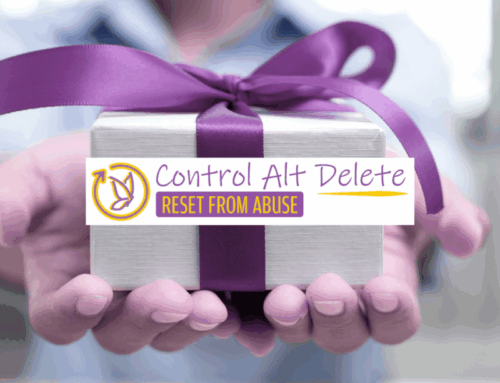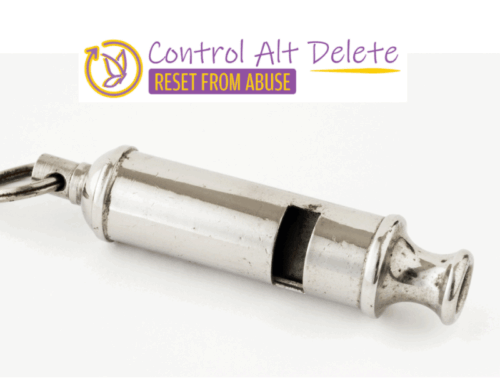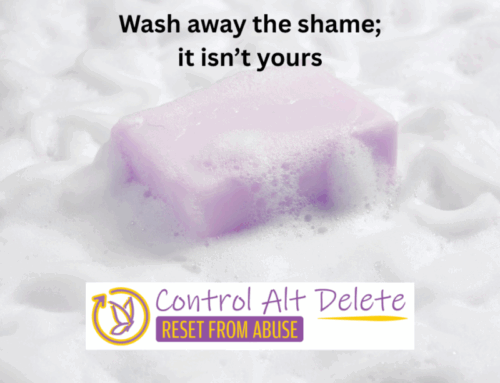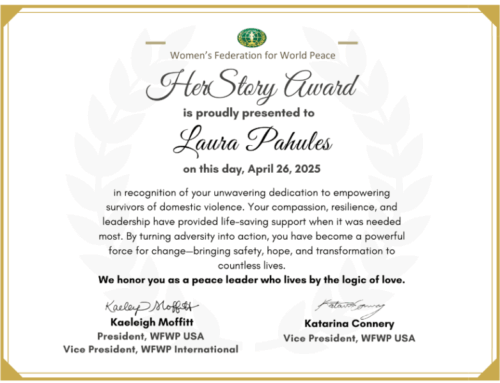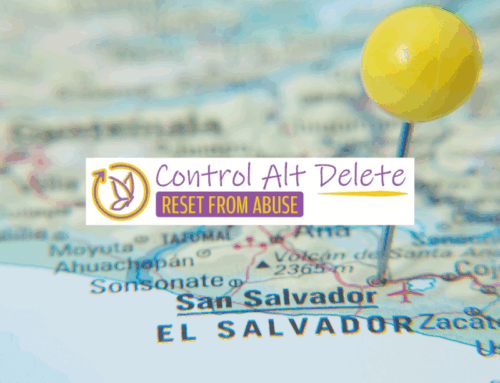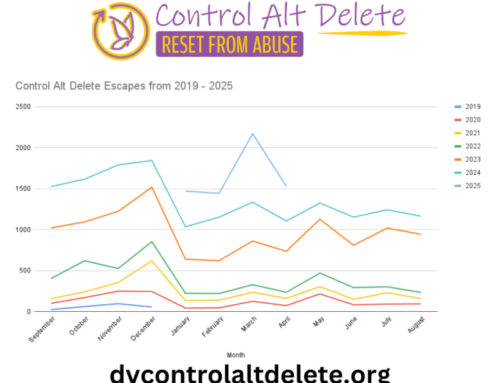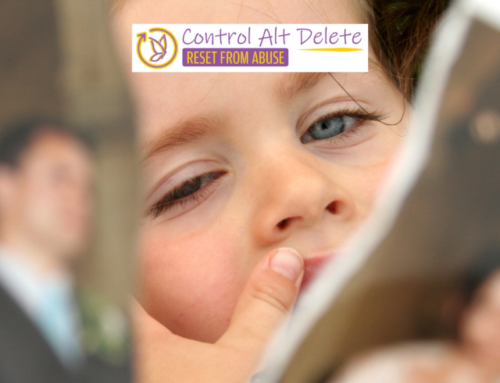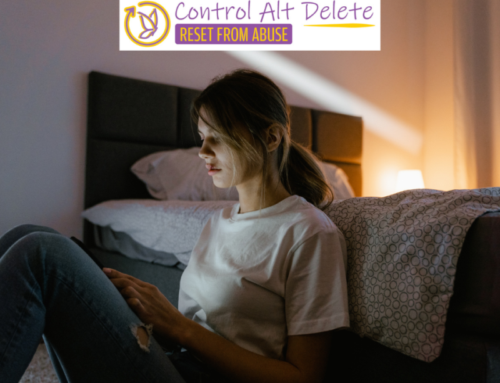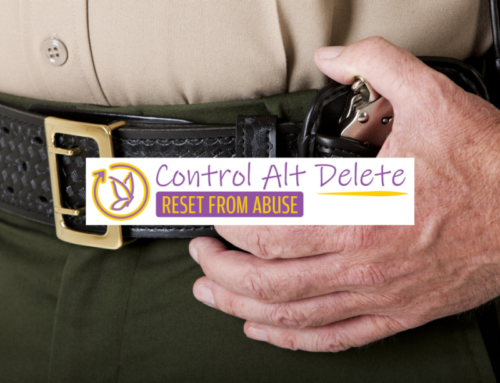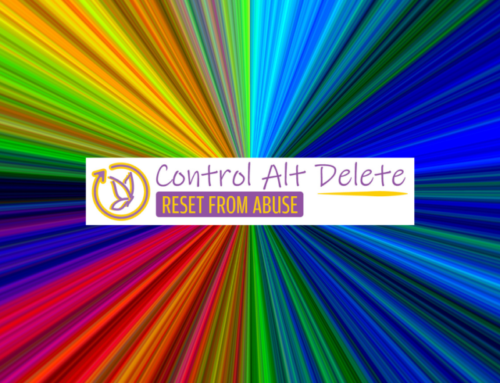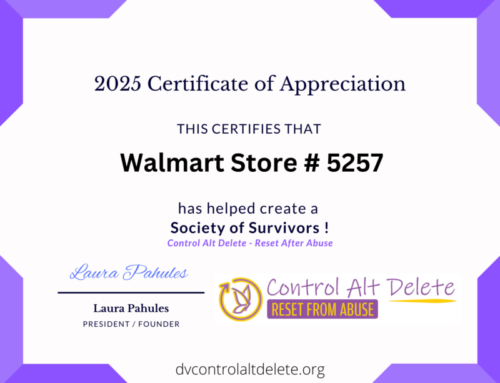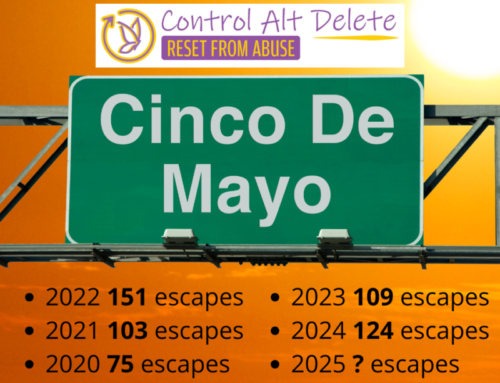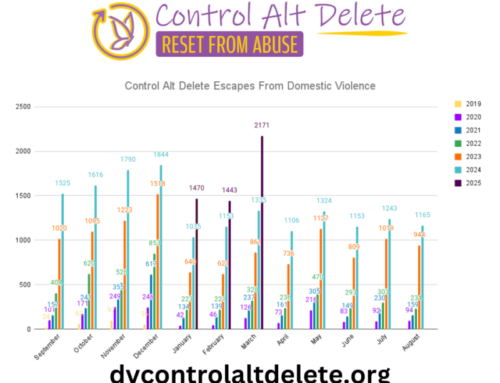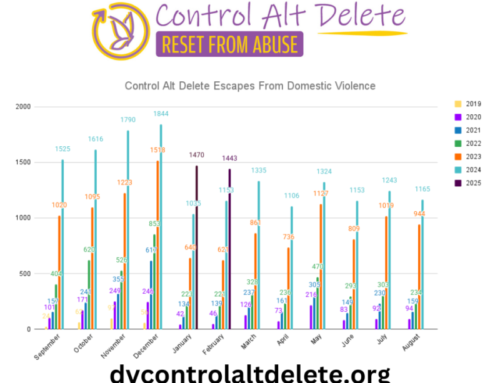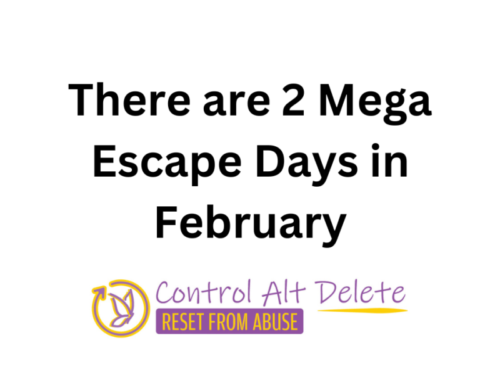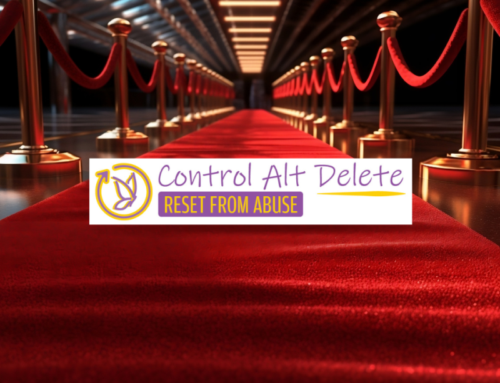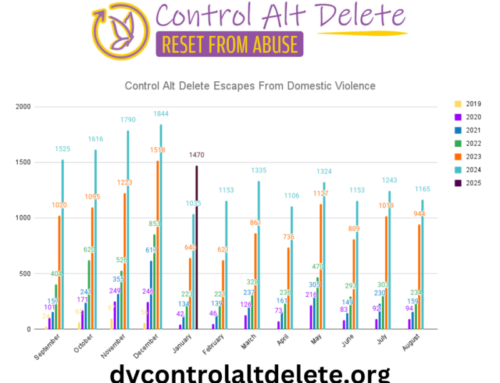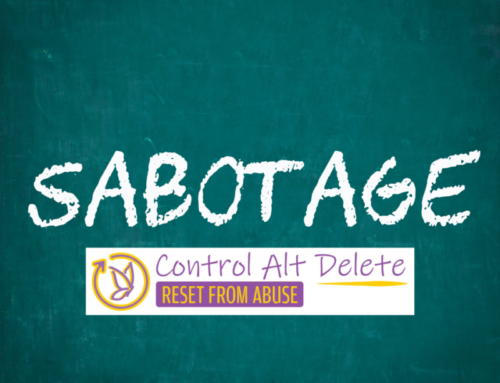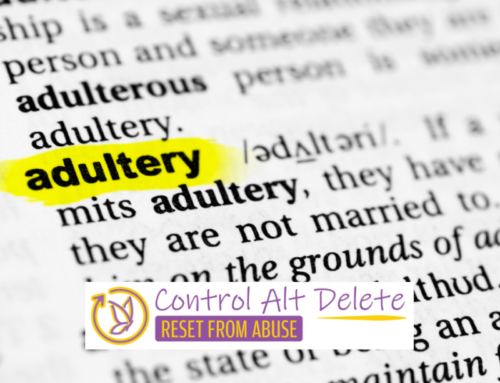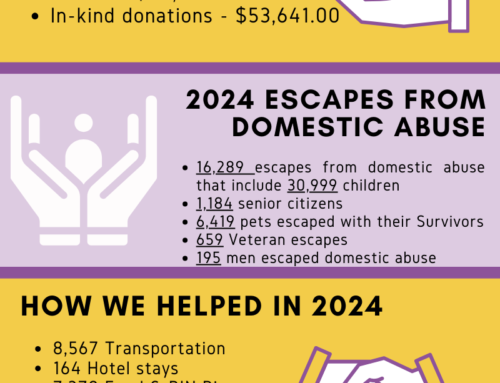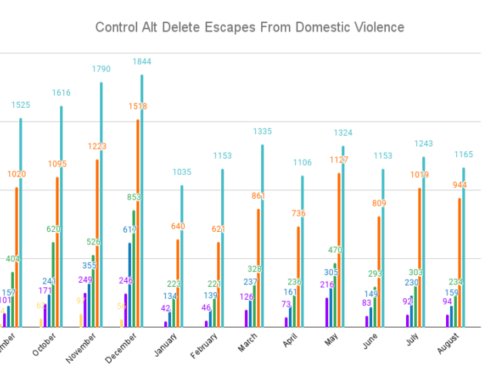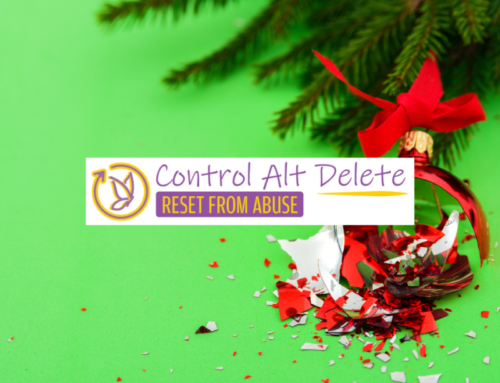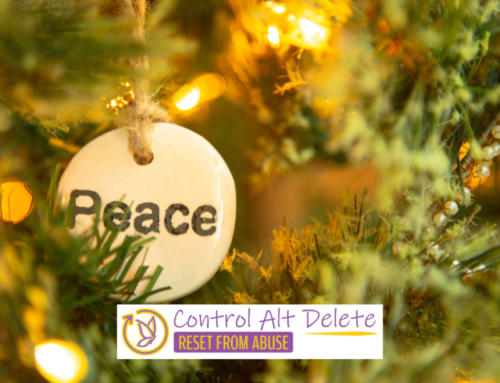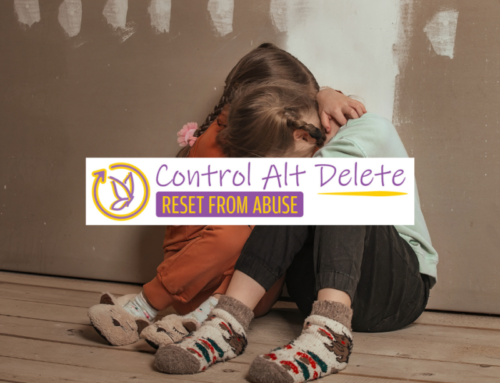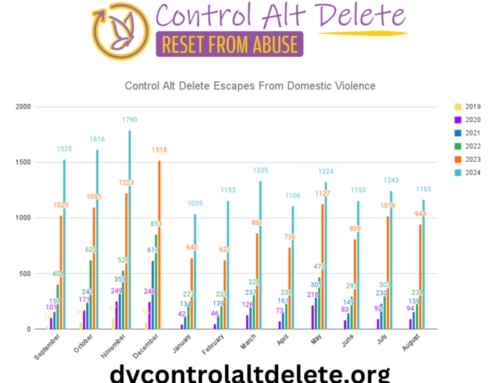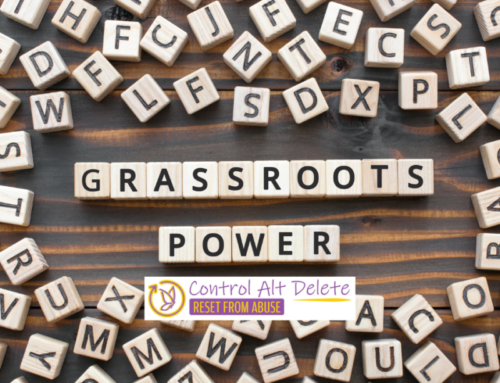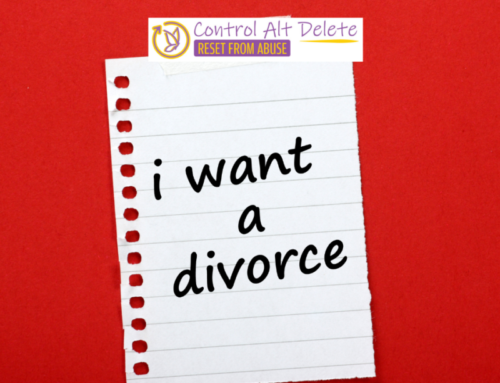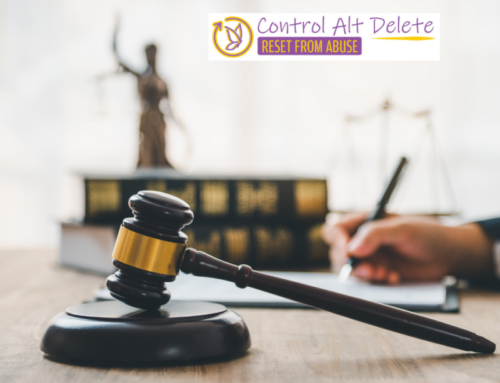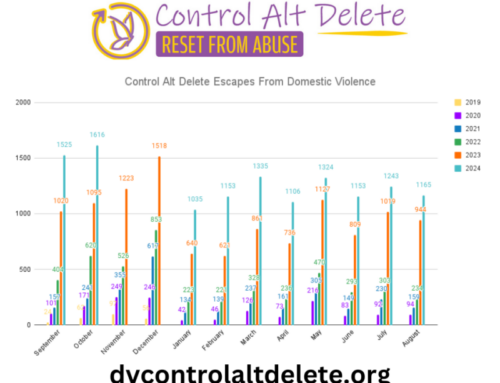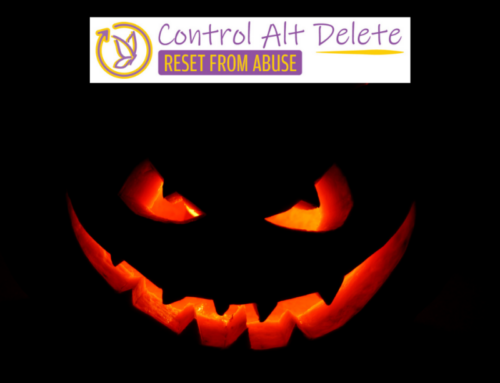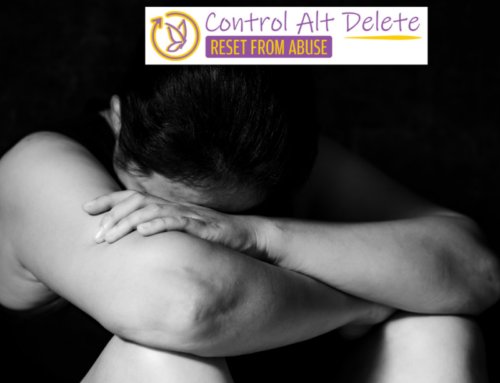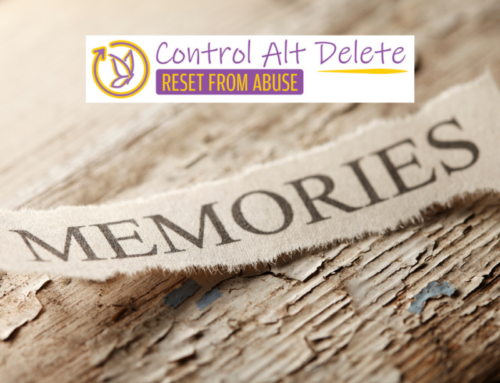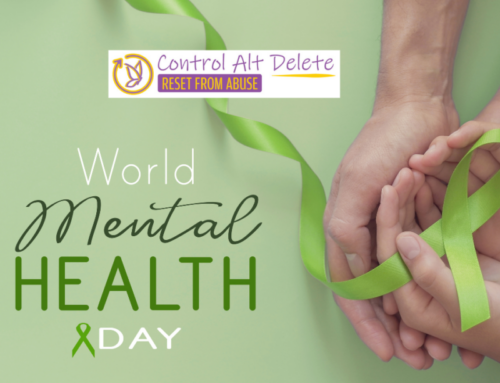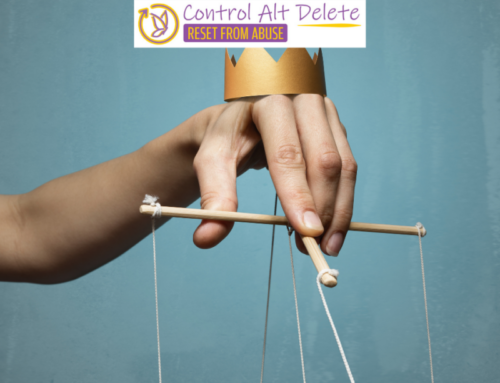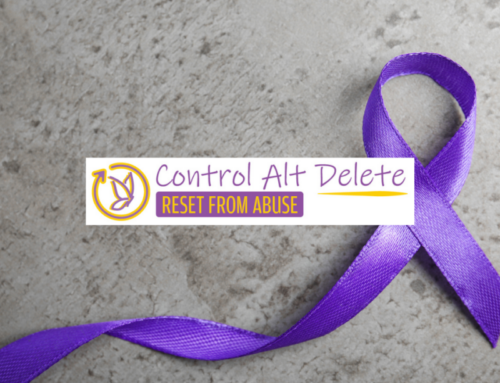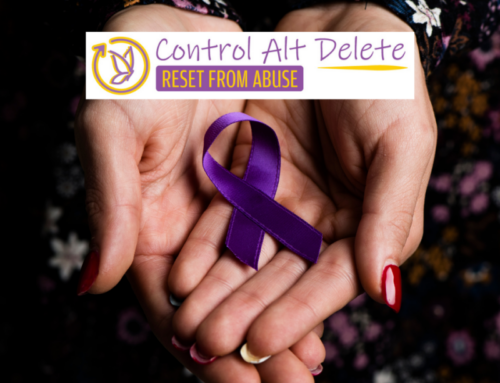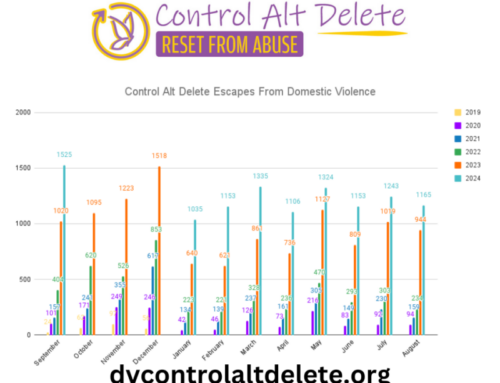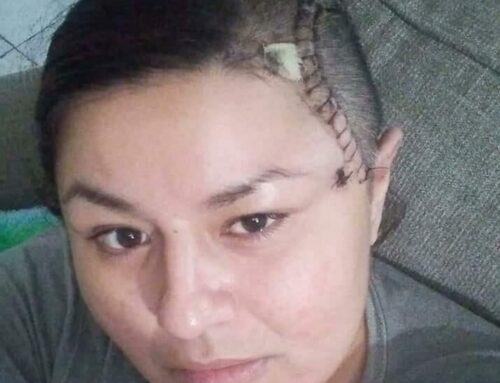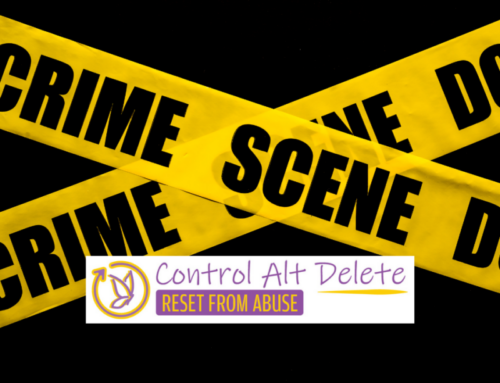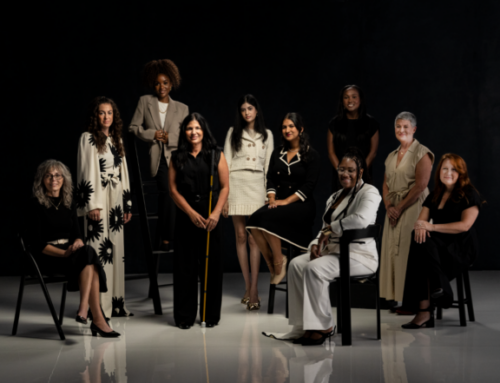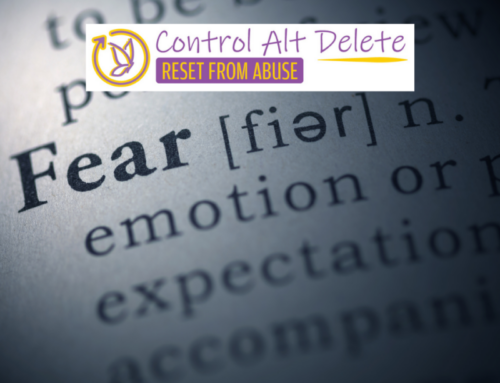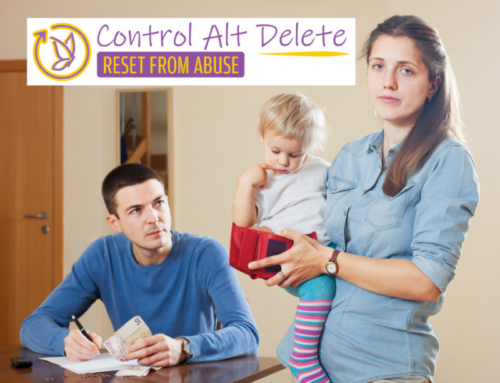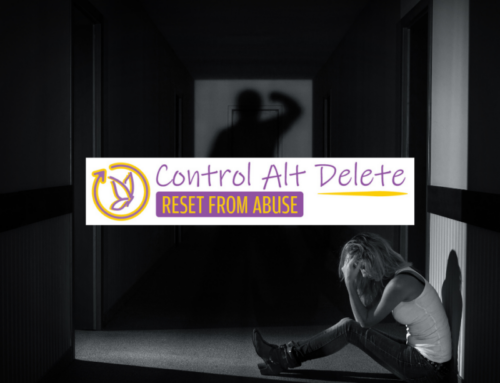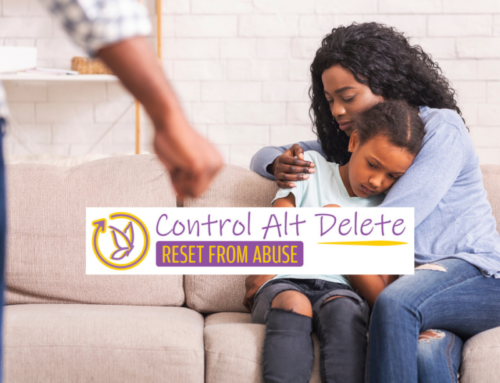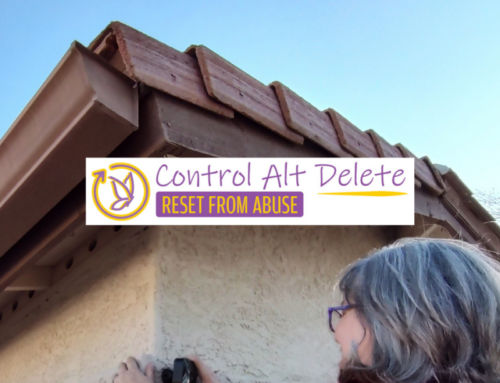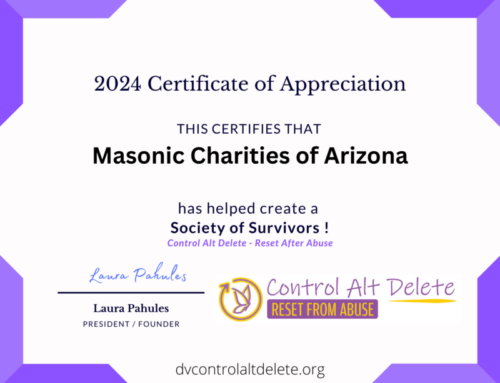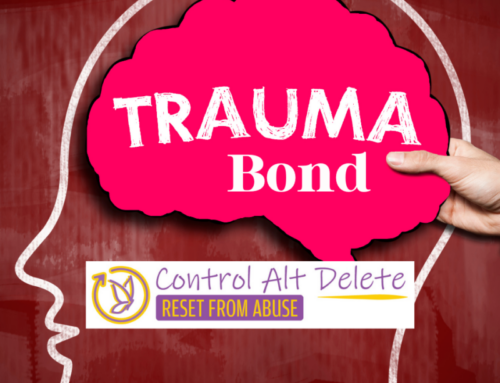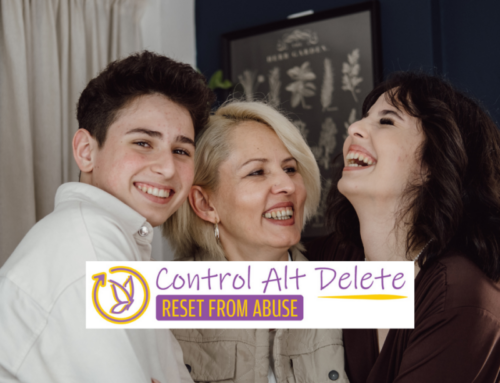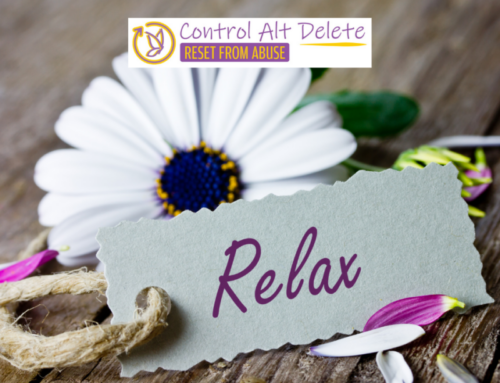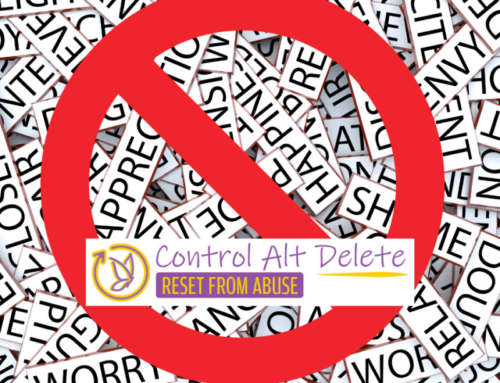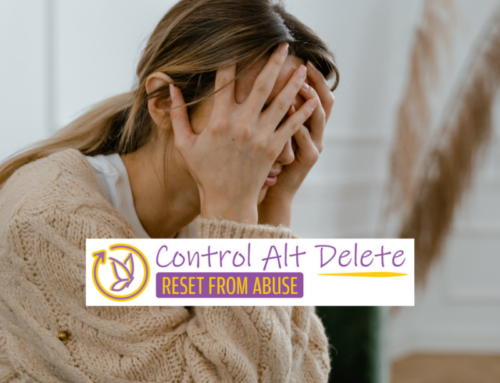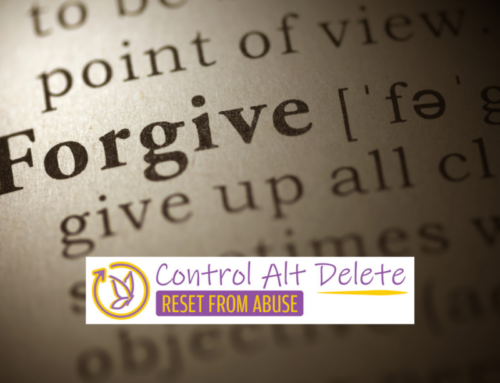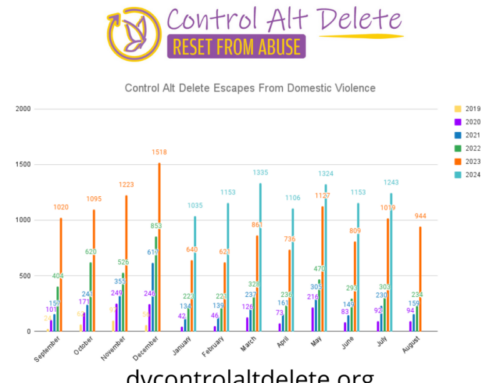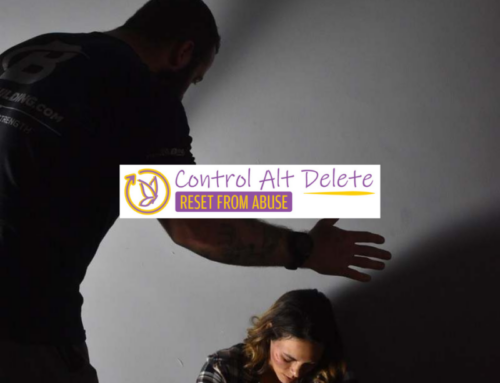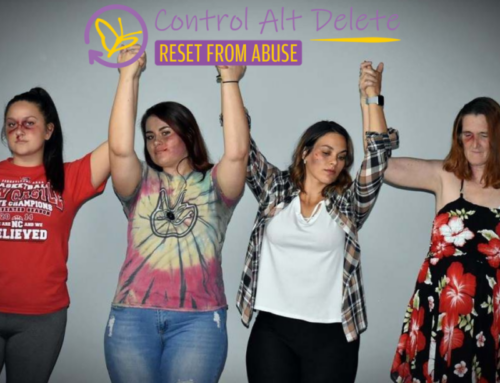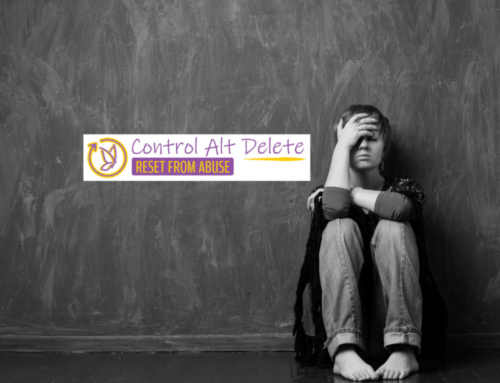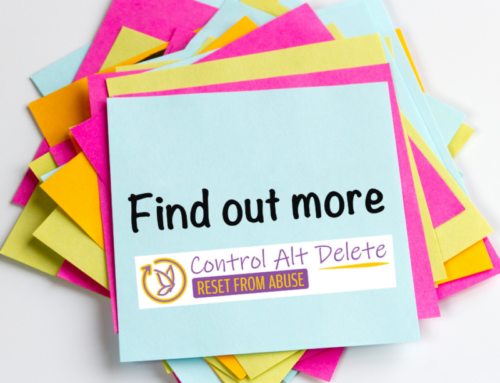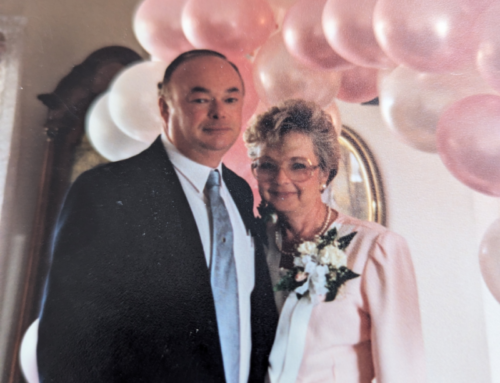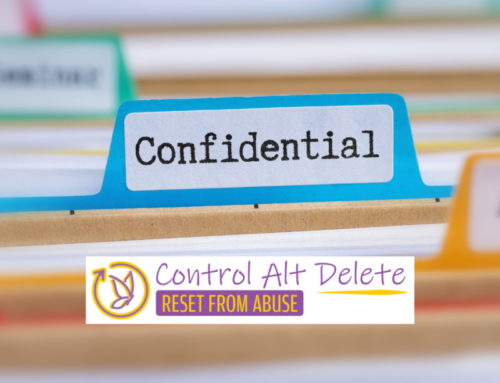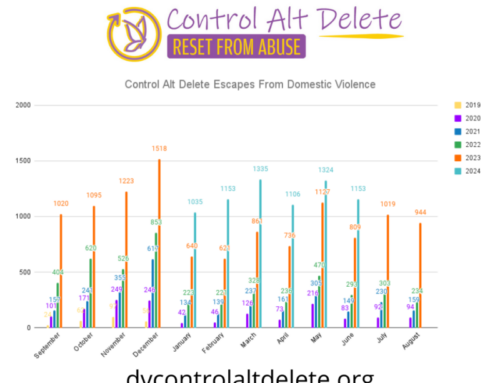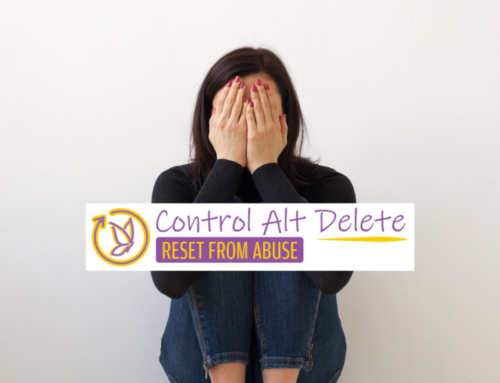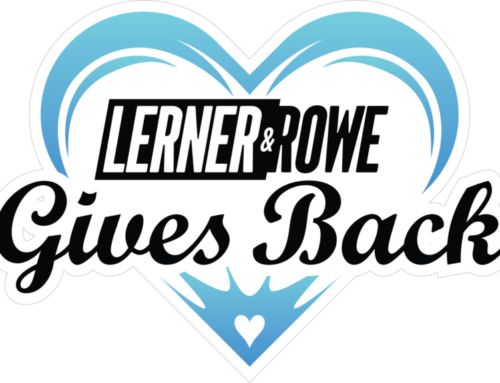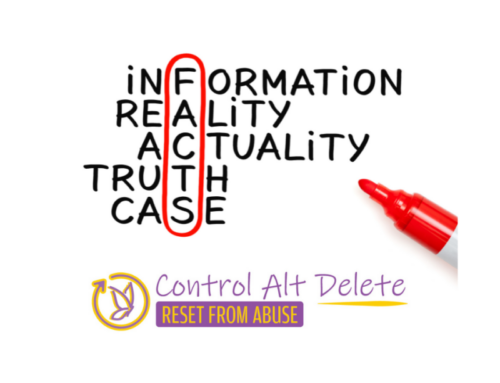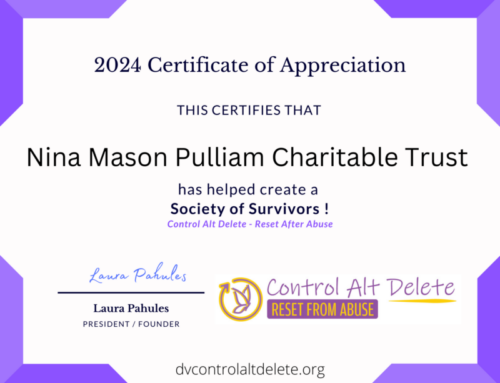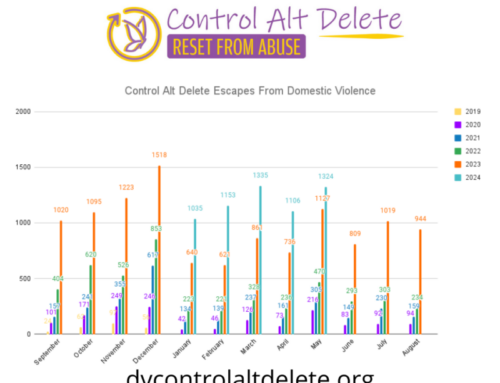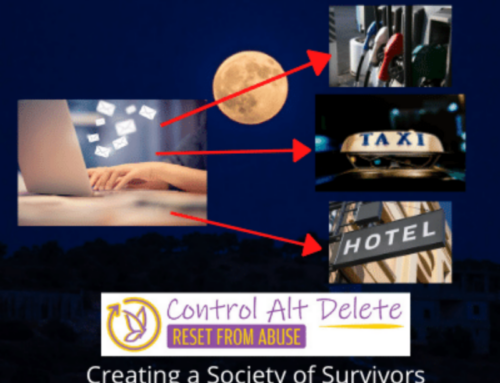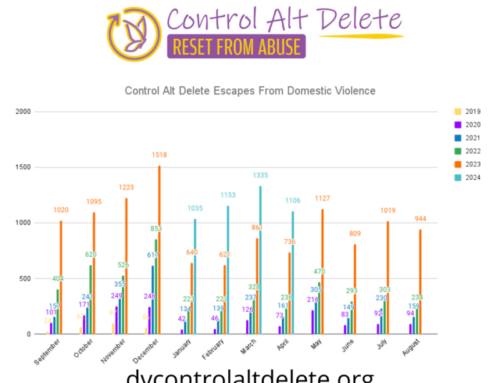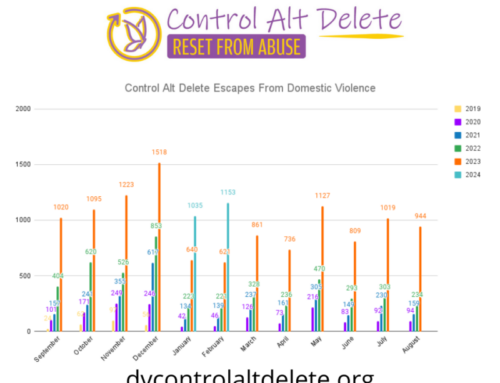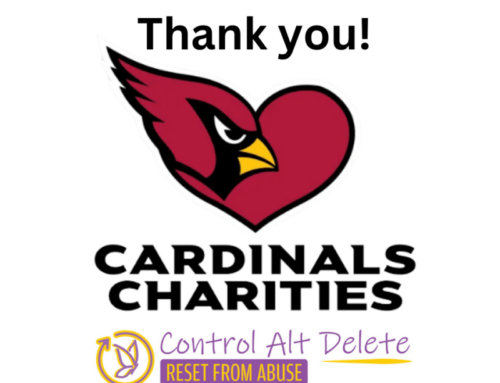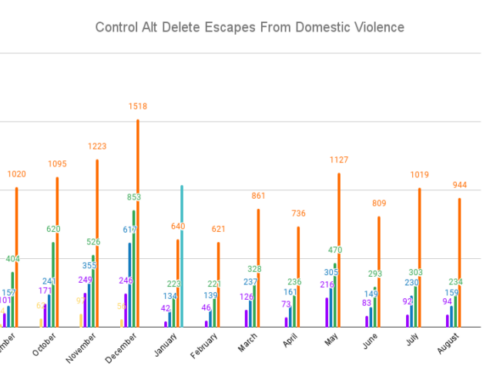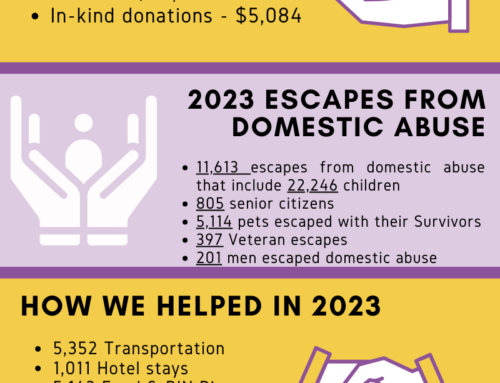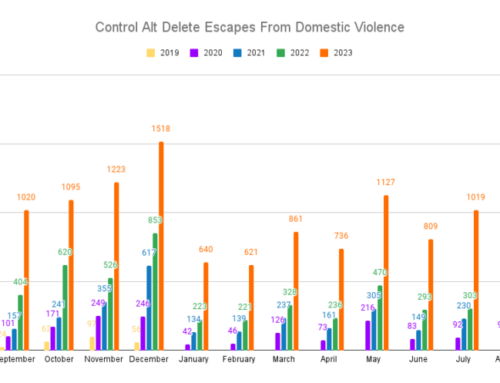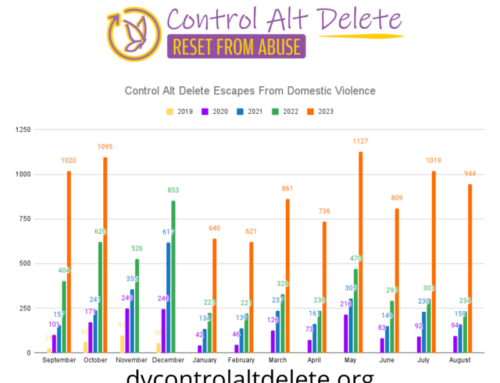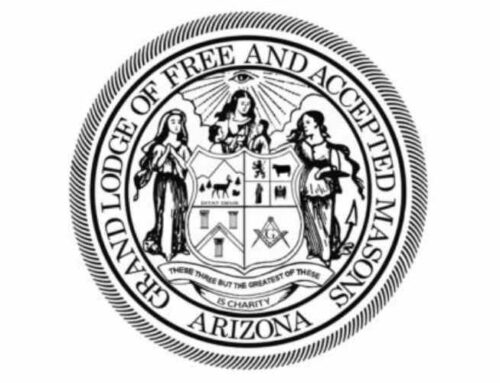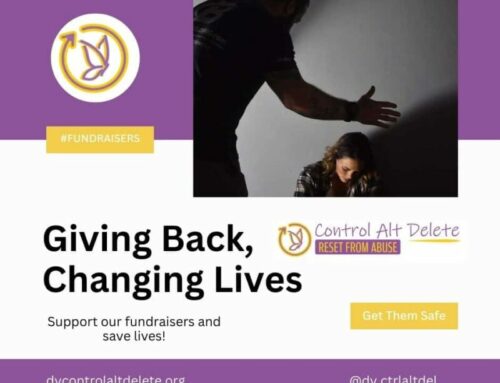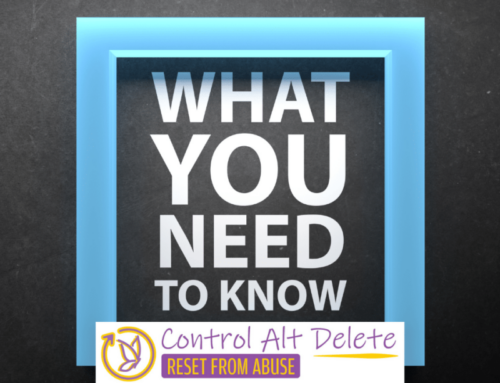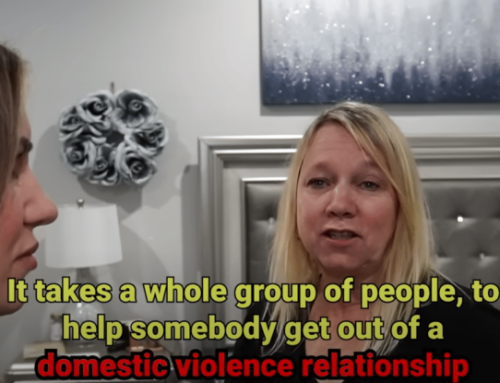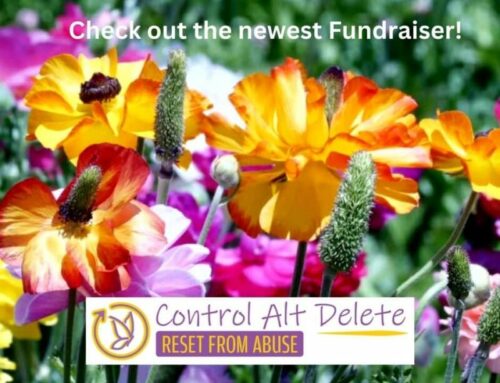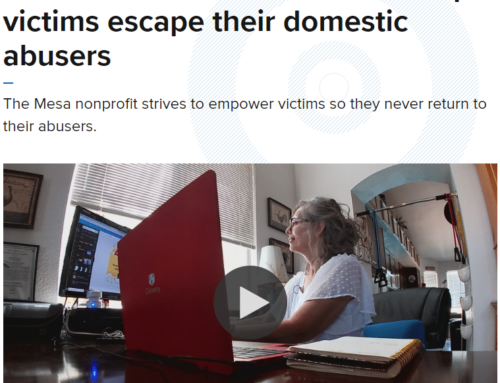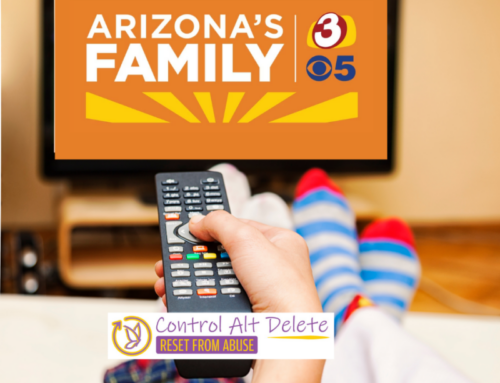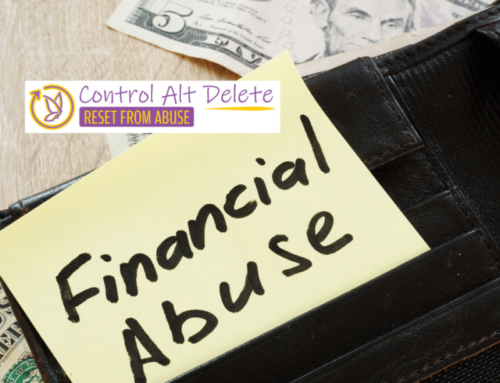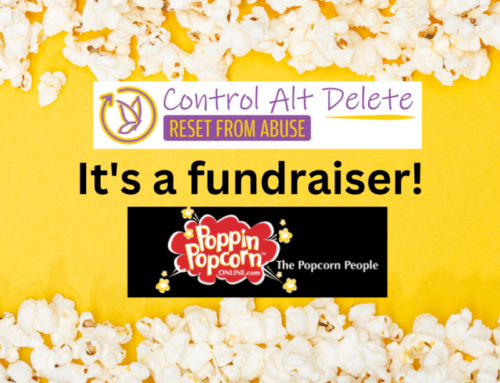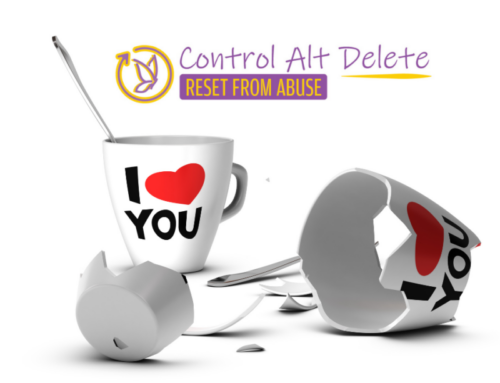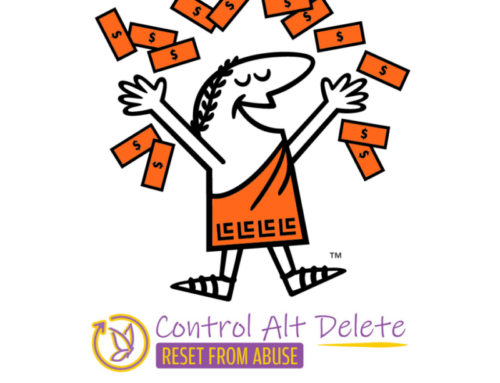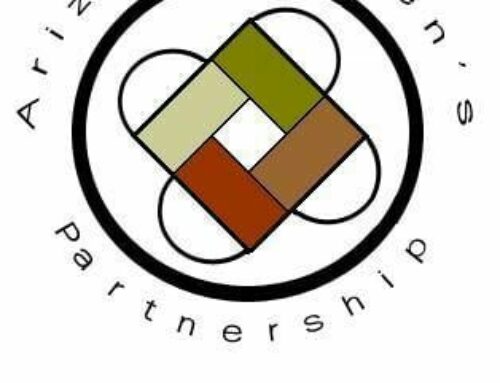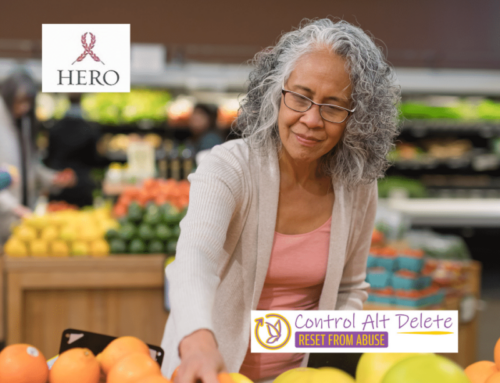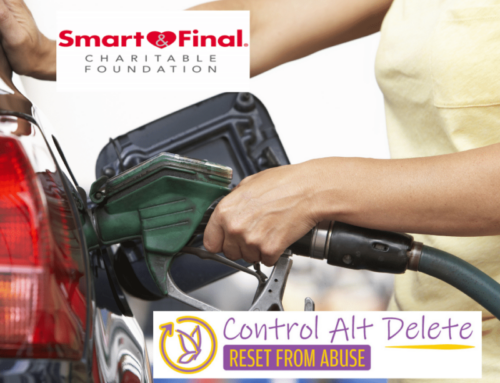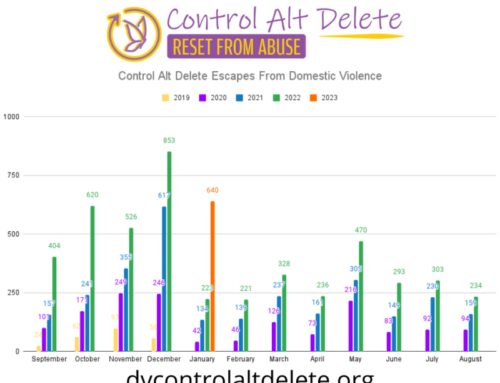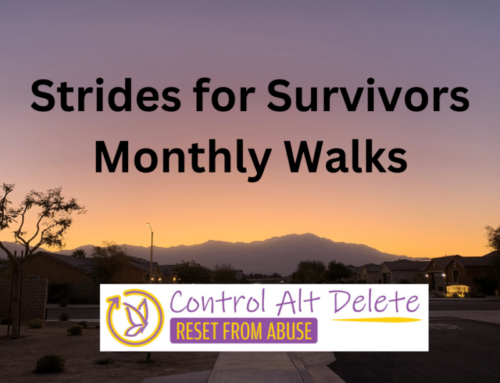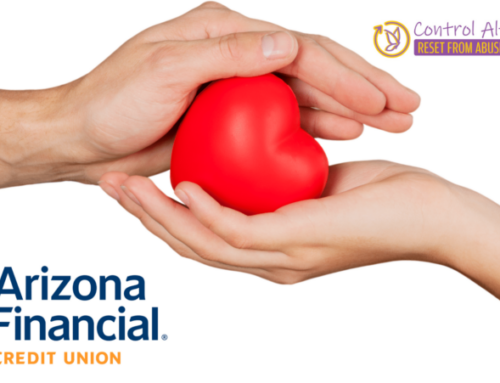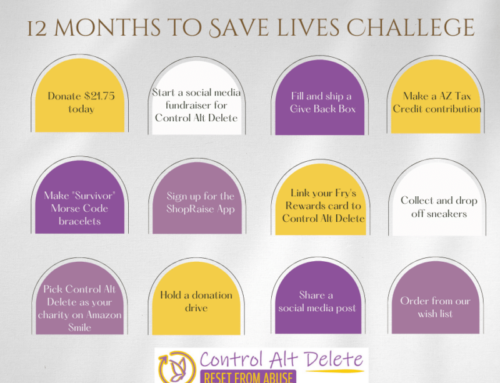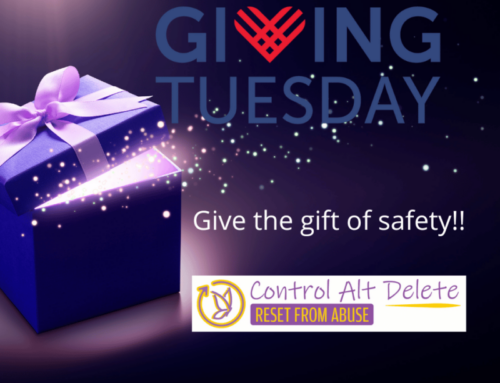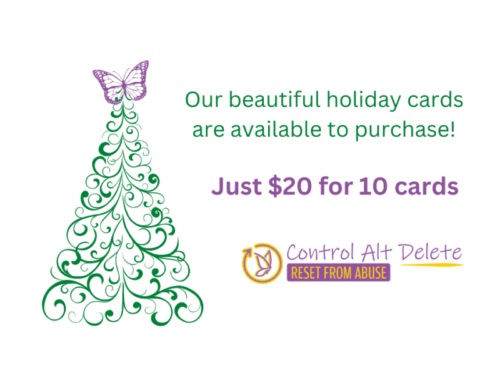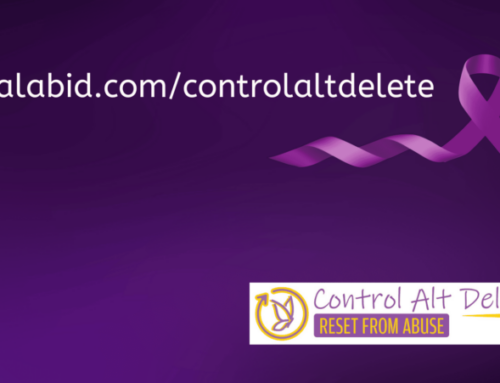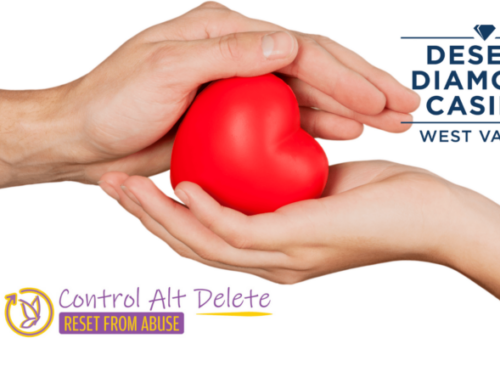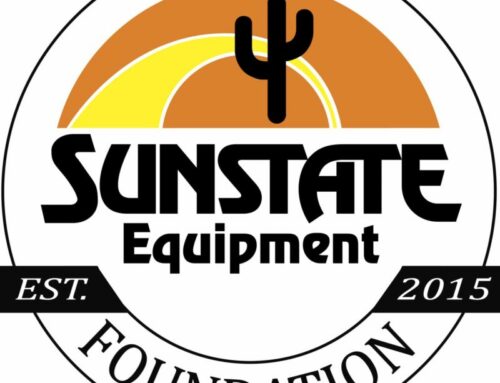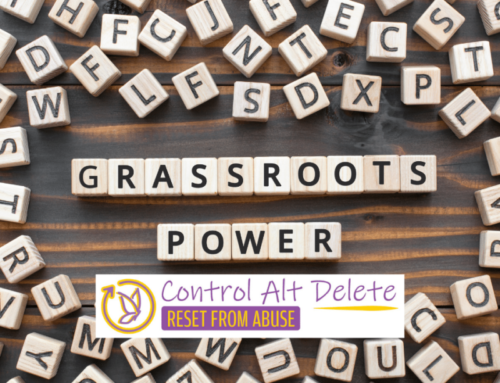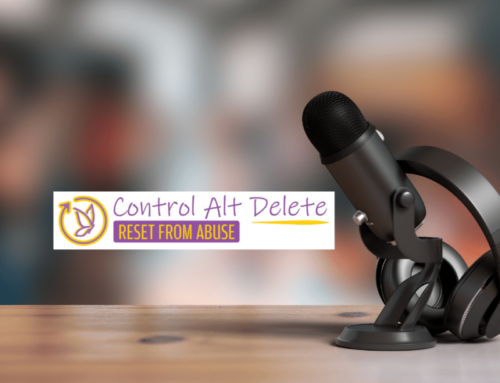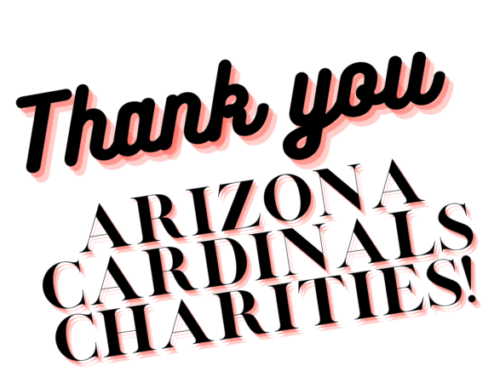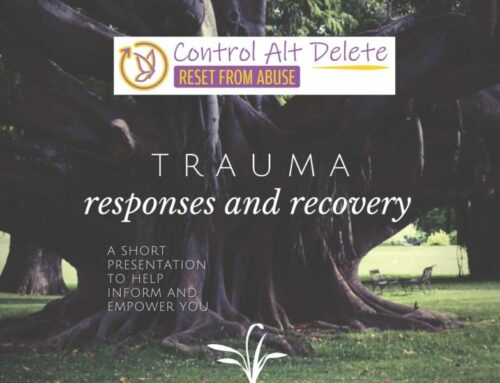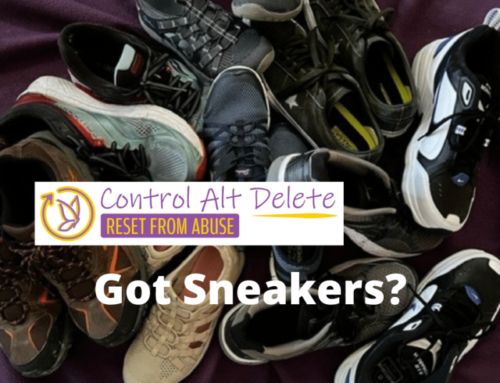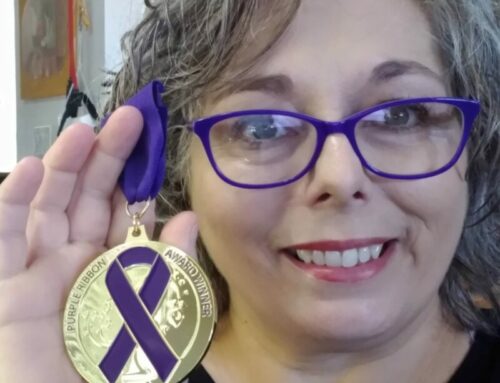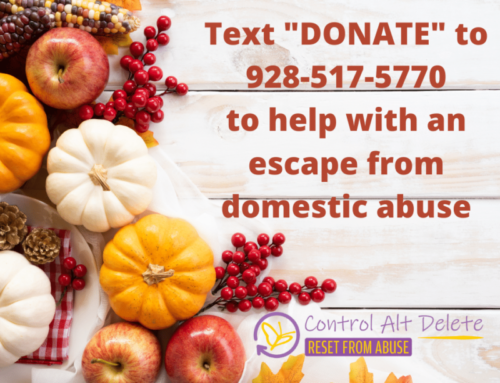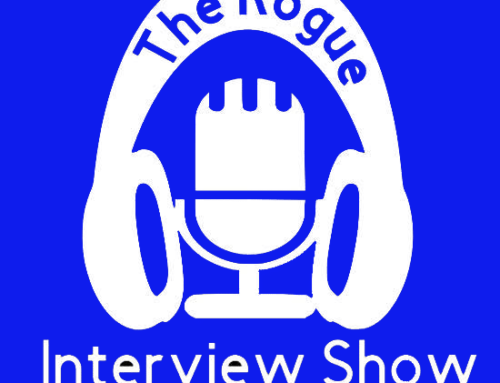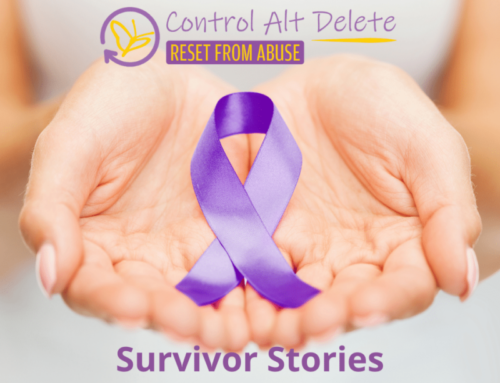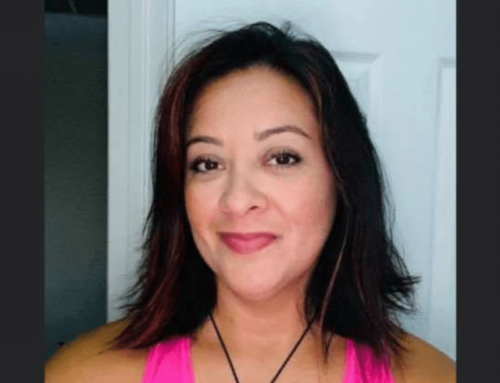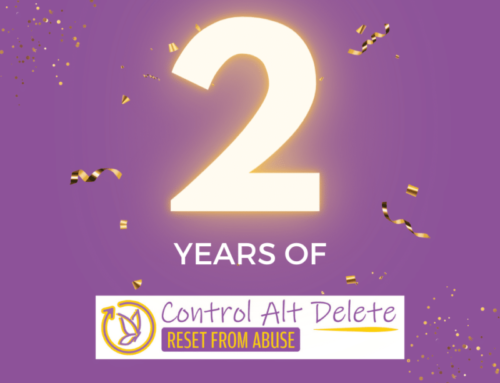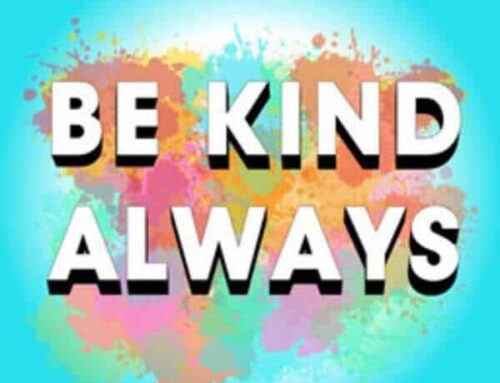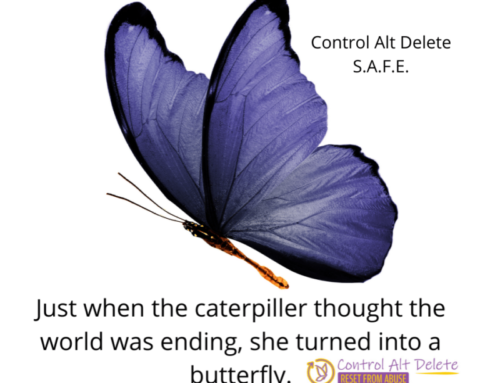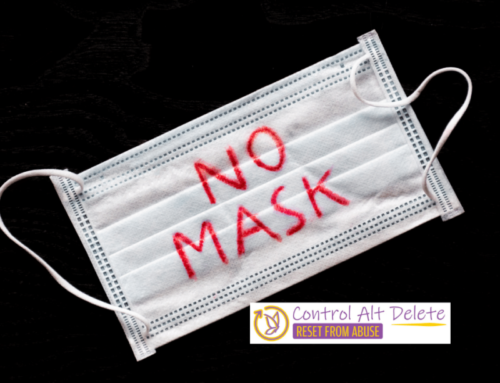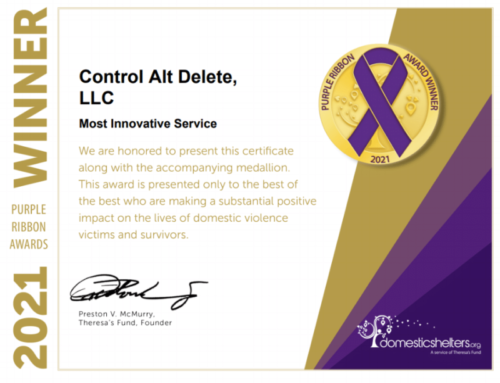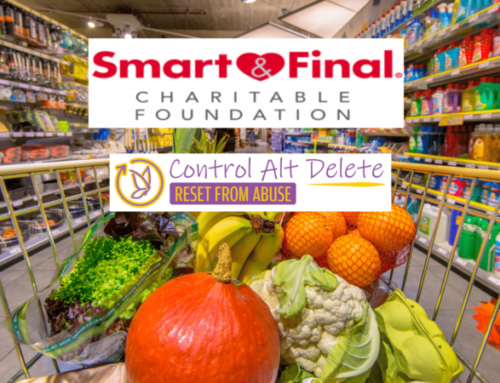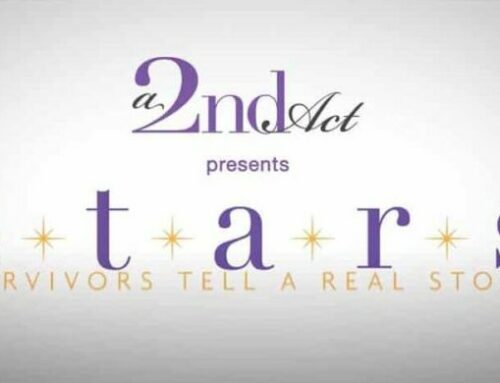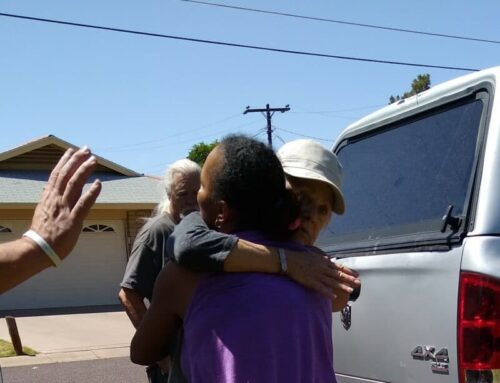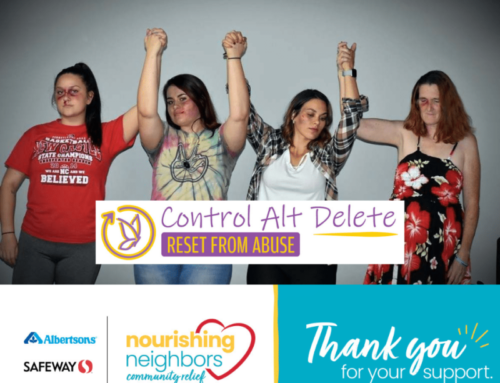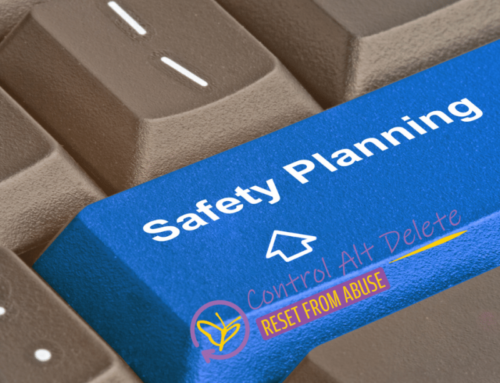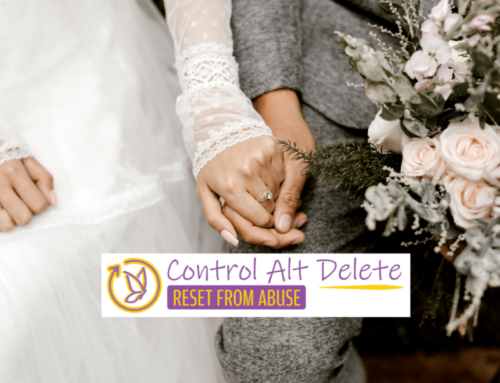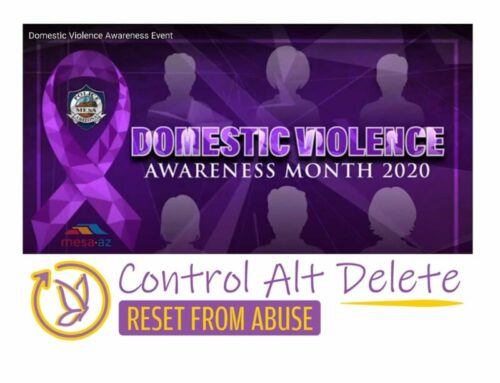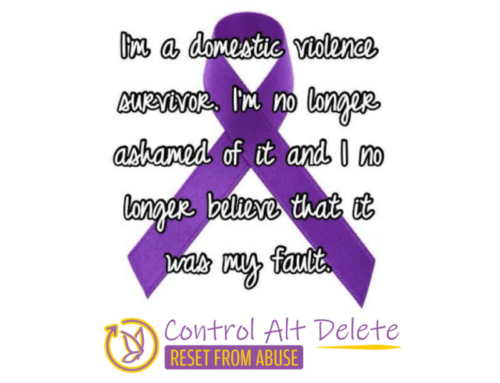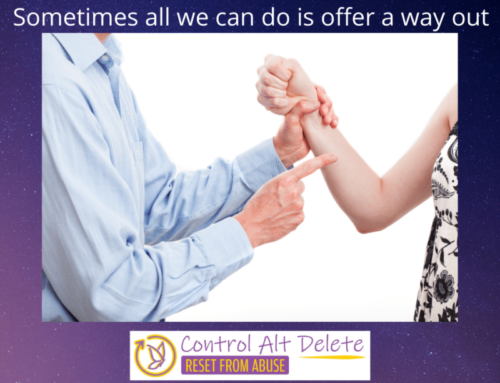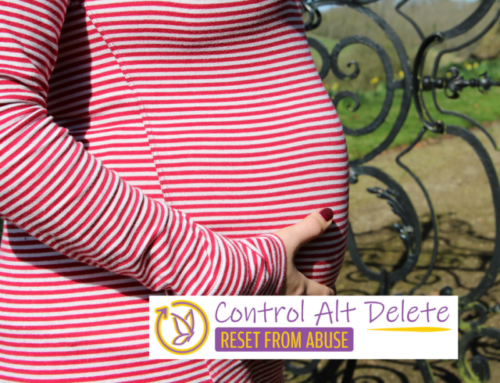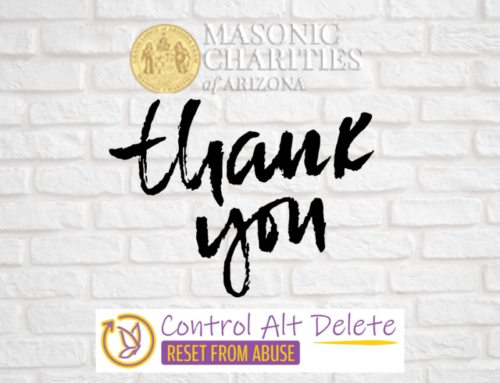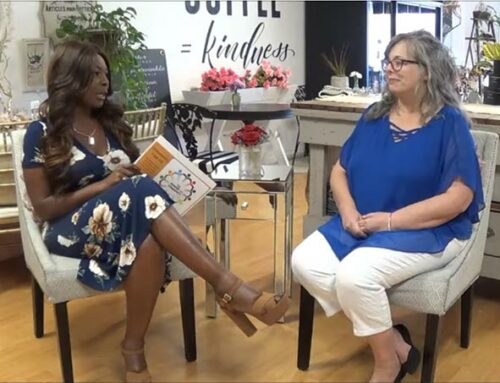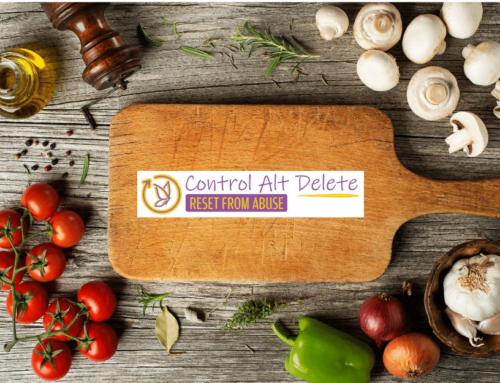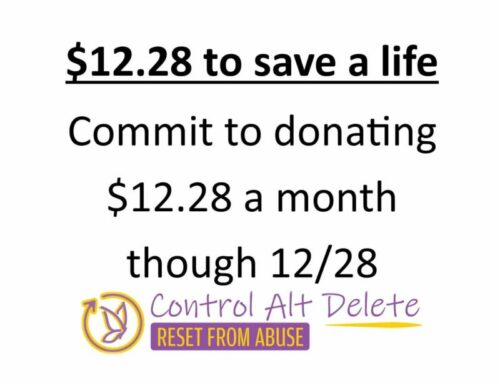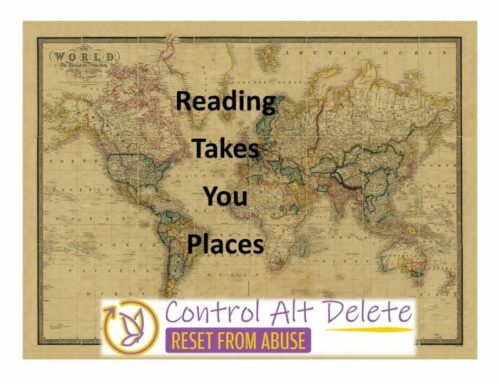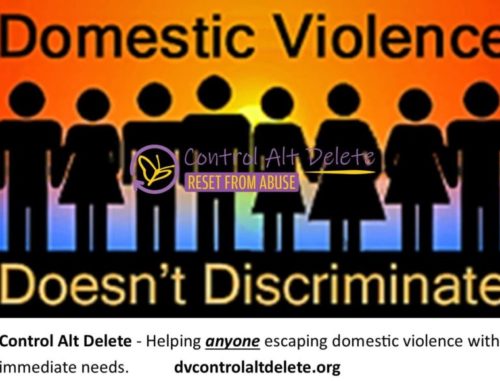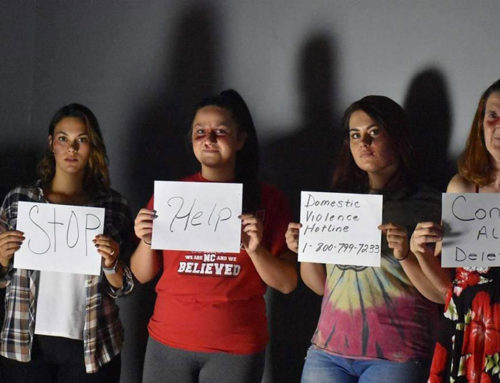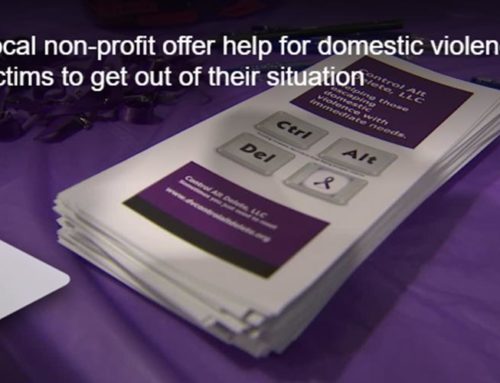When Abuse Feels Like Home: The Hidden Struggle of Recognizing Red Flags
Growing up in a household where abuse is the norm can distort your sense of what is acceptable in relationships. When control, manipulation, and violence are woven into the fabric of your daily life, they become familiar, even expected. As a result, recognizing red flags in relationships—whether romantic, familial, or platonic—becomes incredibly difficult.
The Normalization of Abuse For children raised in abusive homes, abuse is not just something they witness; it becomes their baseline for understanding relationships. They may equate love with control, loyalty with fear, and conflict with inevitable violence. When this is all you know, it is easy to dismiss toxic behaviors as normal. You may even find yourself seeking out familiar dynamics, mistaking them for comfort rather than dysfunction.
The Red Flags That Blend In Because abuse was normalized in childhood, certain red flags don’t always register as warning signs. Some of the most common yet overlooked indicators include:
- Excessive control: A partner dictating what you wear, who you talk to, or where you go might feel like love and protection rather than control.
- Jealousy and isolation: Being told that your friends and family don’t really care about you may feel familiar, making it harder to recognize as manipulation.
- Verbal and emotional degradation: If you grew up being criticized and belittled, you might not immediately recognize verbal abuse for what it is.
- Cyclical patterns of abuse and affection: The familiar highs and lows—explosions of anger followed by apologies and affection—may mirror what you experienced growing up, making them feel expected rather than alarming.
How It Carries into Adulthood Even as you grow older and move away from the abusive environment of your childhood, the impact of that upbringing can continue to shape your experiences. The very parents who were abusive may still exert control using tactics like:
- Misguided Guilt: Parents may make you feel guilty for setting boundaries, claiming that you owe them loyalty or care despite past abuse.
- Manipulation: They may twist situations to make you feel responsible for their emotions or well-being, making it difficult to assert independence.
- Gaslighting: By denying past abuse, rewriting history, or making you doubt your own experiences, they keep you in a cycle of confusion and self-doubt.
- Coercive Control: They may still dictate your choices, relationships, or financial decisions, reinforcing patterns of control that persist into adulthood.
These behaviors can make it challenging to fully break free from the cycle of abuse, leading to difficulties in personal relationships, self-worth, and overall emotional well-being. Recognizing these tactics is crucial to reclaiming autonomy and healing from past trauma.
The Delayed Realization of Abuse For many Survivors, the realization that their adult relationships were abusive doesn’t come until well after those relationships have ended. Because abusive patterns were normalized in childhood, Survivors may not recognize the signs while they are actively experiencing them. It is often only in hindsight—after time, therapy, or exposure to healthier relationships—that the truth becomes clear. Some signs that you may have been in an abusive relationship without realizing it include:
- Feeling a deep sense of relief after leaving, even if you can’t fully explain why.
- Replaying past interactions and realizing how much you tolerated that was harmful.
- Struggling with self-doubt and questioning whether what you went through was “bad enough” to be considered abuse.
- Recognizing manipulative patterns in new relationships and seeing parallels with past ones.
Coming to terms with past abuse can be painful, but it is also a crucial step toward healing. Understanding that you were not at fault and that you deserve safe, respectful relationships can help you move forward with clarity and strength.
Breaking the Cycle Recognizing that you may have been conditioned to overlook red flags is the first step toward breaking the cycle. Healing takes time, and unlearning harmful patterns requires self-awareness, education, and often, external support. Here are some steps to begin that journey:
- Educate Yourself – Learning about healthy relationship dynamics can help you differentiate between love and control.
- Seek Therapy or Support Groups – Professional guidance or connecting with others who have experienced similar struggles can provide clarity and validation.
- Trust Your Instincts – If something feels off, even if you can’t immediately pinpoint why, listen to that feeling.
- Set Boundaries – Learning to say no and establishing boundaries, even when it feels uncomfortable, is crucial for protecting yourself.
- Surround Yourself with Healthy Relationships – Seeing examples of respectful, loving relationships can help rewire your understanding of what is normal and healthy.
- Limit Contact If Necessary – If your parents continue to use manipulative tactics, it may be necessary to establish distance to protect your emotional well-being.
You Deserve More If you have grown up in abuse, breaking free from its grip can feel overwhelming, but it is possible. You deserve safety, respect, and love that is not rooted in fear or control. Recognizing red flags may not come naturally at first, but with time, support, and self-compassion, you can create a future where abuse is no longer the norm but the warning sign it was always meant to be.
